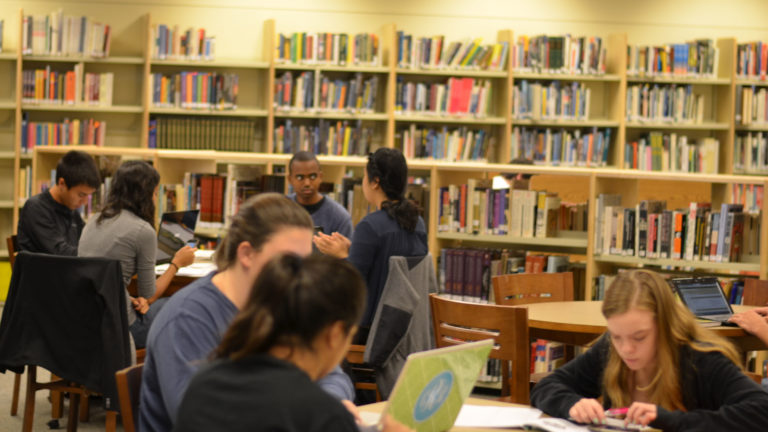If you are anywhere near the special education world, you have probably heard of “Social Stories”. While championed by Carol Grey of the Grey Center, Social story is a generic term for any type of story or passage that “accurately describes a situation, skill, or concept according to defining criteria, with a content, format, and voice that is descriptive, meaningful, and physically, socially, and emotionally safe for the person for whom the Story is developed” (Grey Center, 2014). They can be simple, or complex. They can be written at any grade level and are always written in a positive and helpful light. And they WORK!
I was skeptical at first, but especially for children with Autism and other memory processing disorders, the repetition and personalization of the story really ‘hits home’. And social stories are really simple to write! A simple story can be as easy as:
“My name is John Smith, I am a fun and happy 1st grader at American Elementary School.
When I am at school, I use safe hands and feet.
My friends like it when I am safe at school.”
For these simple social stories, follow a similar process- Begin with a self statement, this makes it easier for the child to know the story is about them and helps them to relate better to the story. Use positive and factual statements.
Next, state the problem behavior you would like to address. Try to always use ‘positive language’. It is better to say to DO something than NOT to do it. If you think about it, a lot of the time these children repeat what they hear, wouldn’t it be better to hear “I use safe hands and feet” (Safe hands/feet) than “No hitting or kicking” (Hitting/kicking). End with a positive statement that re-affirms the target behavior by implying the positive consequences for using it, for example: “If I have safe hands and feet, I can earn a token!” or ” I can earn a sticker if I use good language in class”. You can basically write one for any target behavior that you wish to change as long as you are positive!
Another way to do a social story is a little more complex, but better for older children or children without significant disabilities. It is similar to the “Everybody Poops” type of books and are common in children’s sections of bookstores. The types of books are designed with the target behavior embedded into a storybook/fairy-tale setting. When written by SLP’s or teachers will use a main character similar to the target student or client. They can be long or short, written in whatever grade level is appropriate, and include as many target behaviors as needed. It is always better to focus on one target behavior per story (or per chapter).
I am currently writing a social story for one of my students titled “Izzy the Great and the Missing Planner” about a middle school student ‘detective’. She loses her planner and must find it before the big test tomorrow. It focuses on organization and social skills within the classroom. I am planning on writing another one titled “Izzy the Great’s Big Weekend Adventure” that focuses on hygiene and eating healthy. The target student is similar to the main character, and it was written in this storybook format because the target student has been known to perseverate on her bad behaviors. This way she is able to see examples of appropriate and inappropriate behaviors without specifying that it is her behavior that we are attempting to modify.
Social stories are a simple and effective way to modify student behaviors with the student doing most of the work. They can be read by a teacher to the student but are often more effective when the student reads them themselves on a multiple time-daily basis. They are effective for all children, with or without disabilities. However the older the child gets, the more likely they are to ‘catch-on’ to what you are trying to do 😉

 (Crazy right?)
(Crazy right?)
